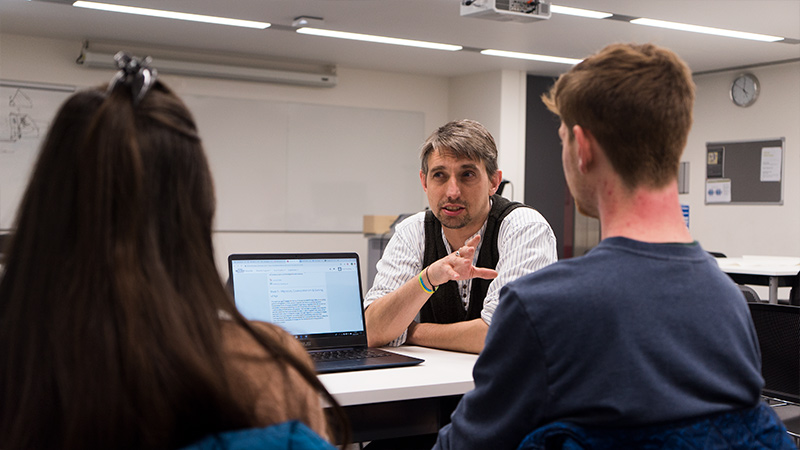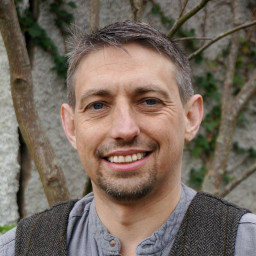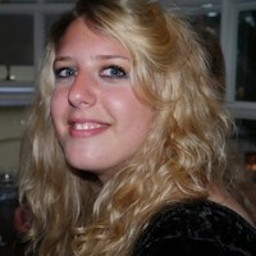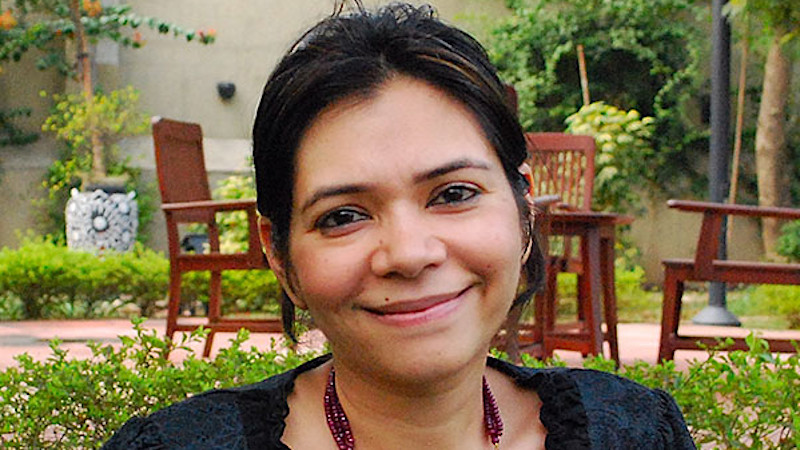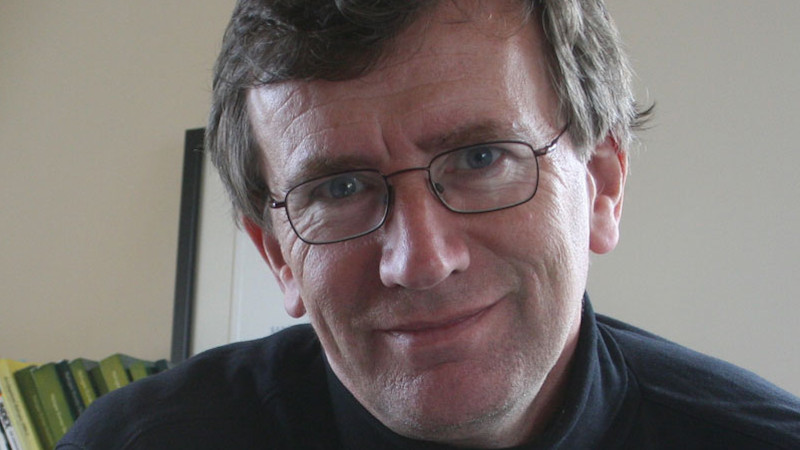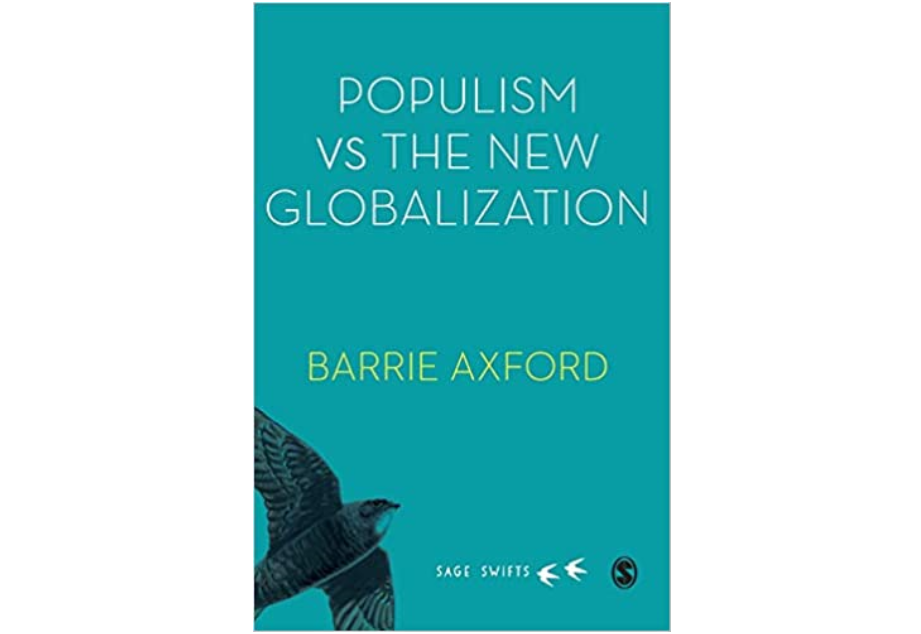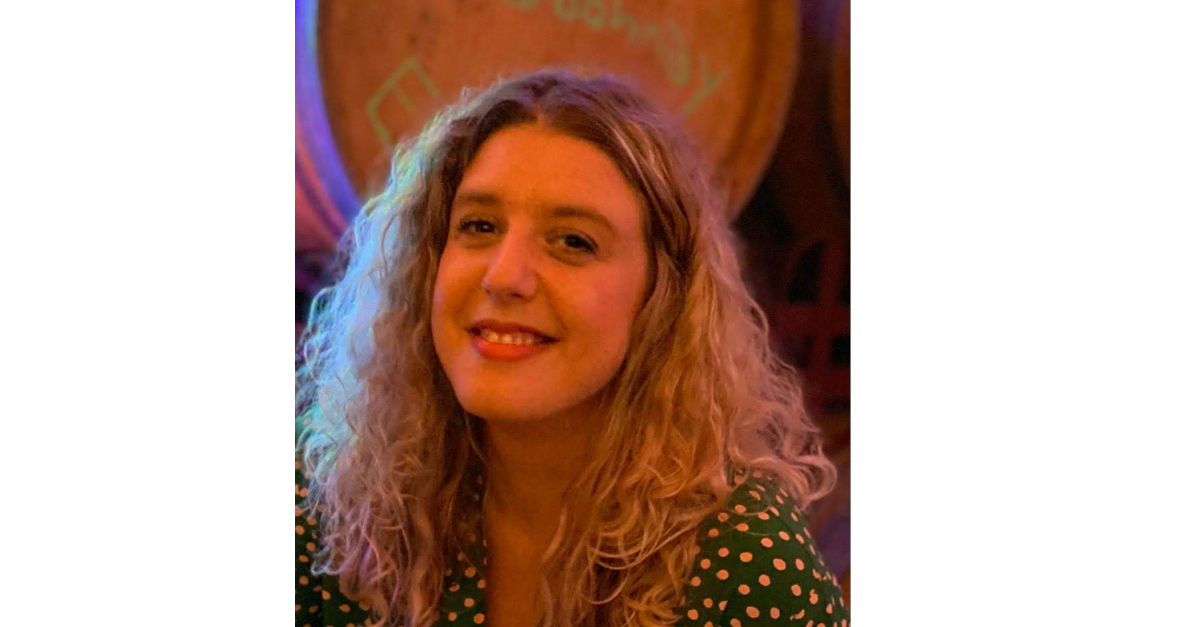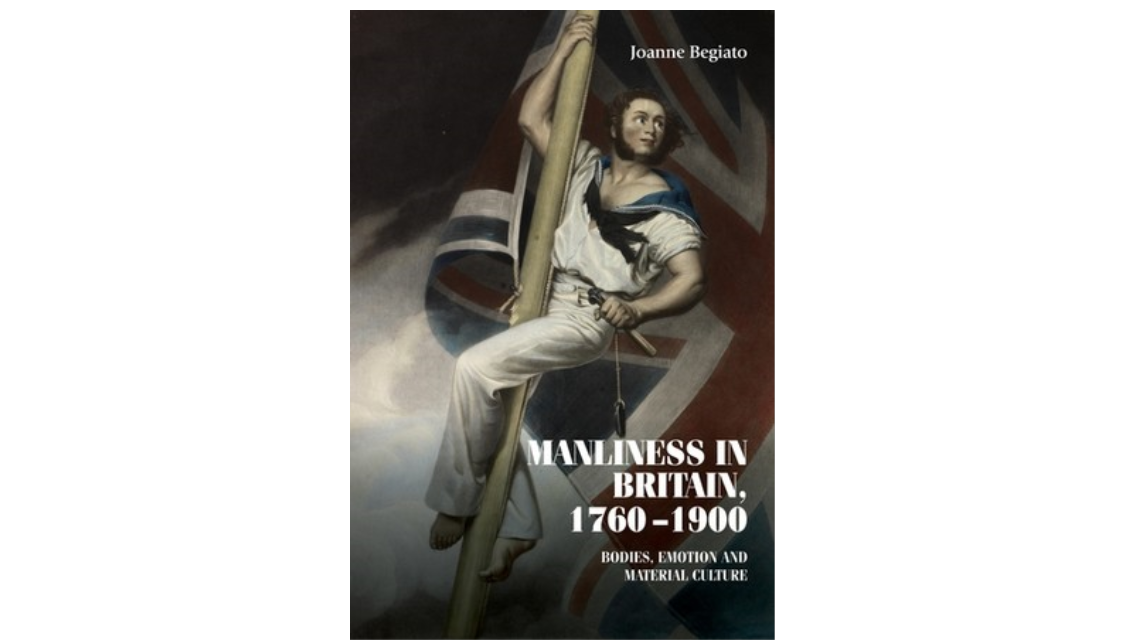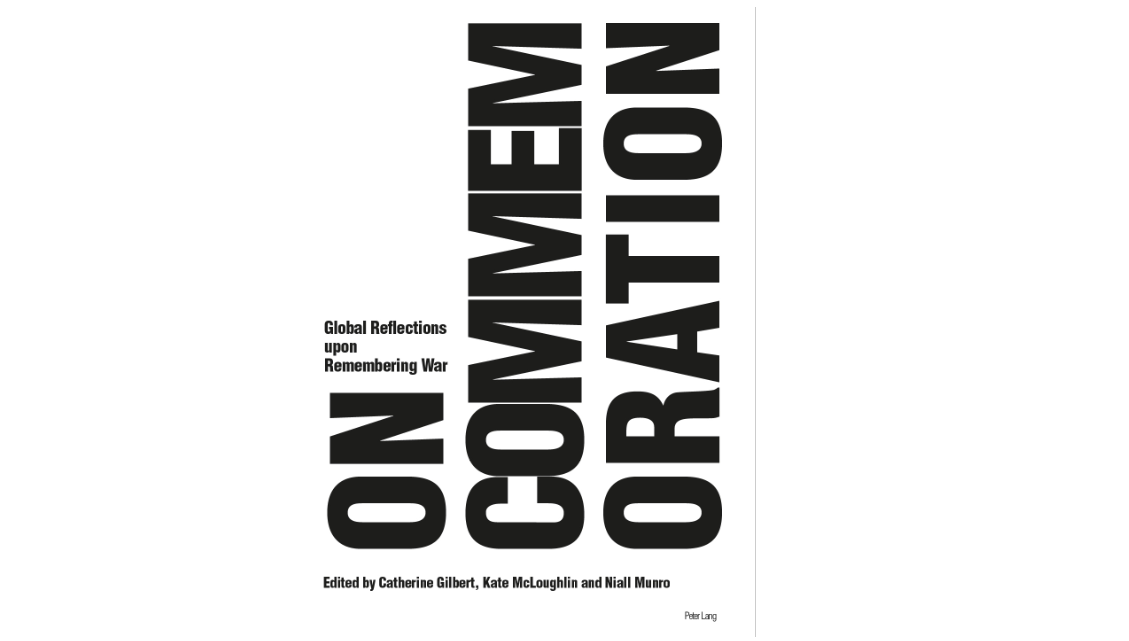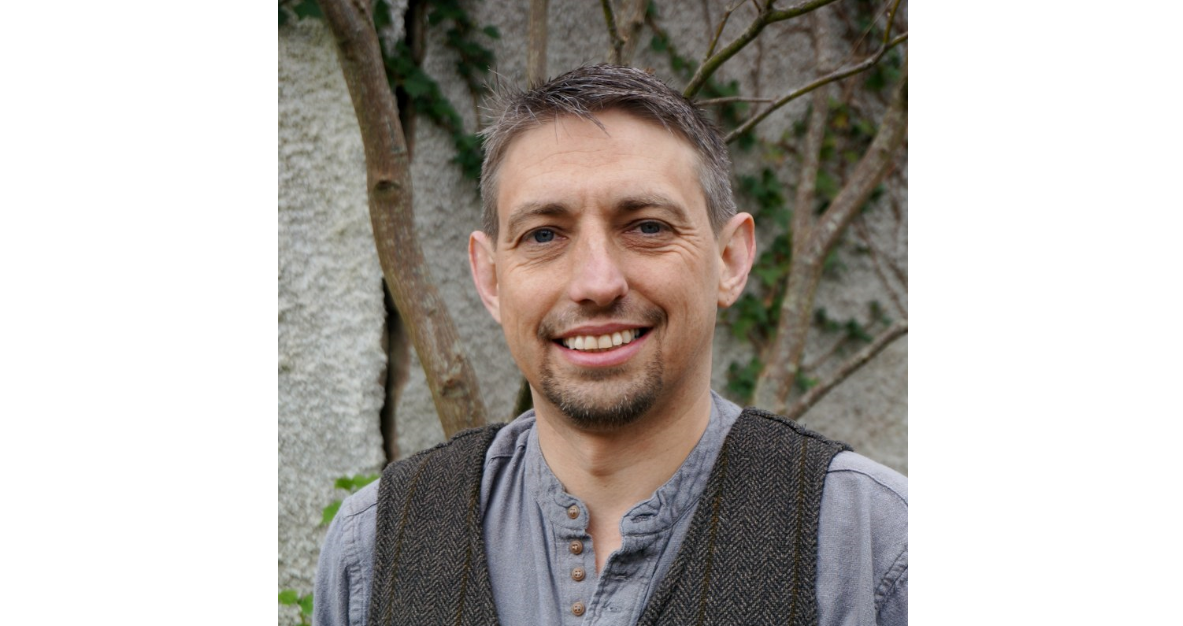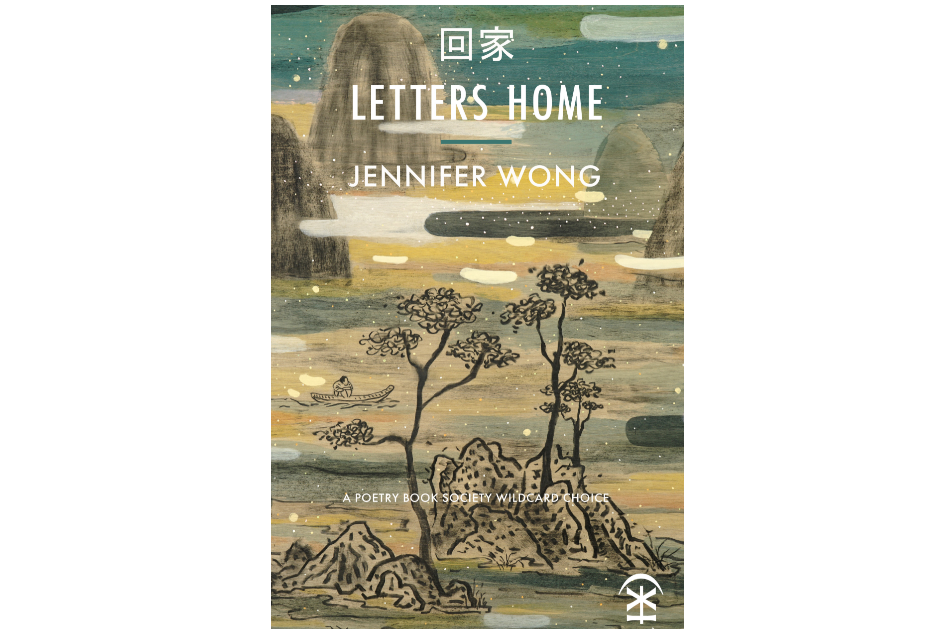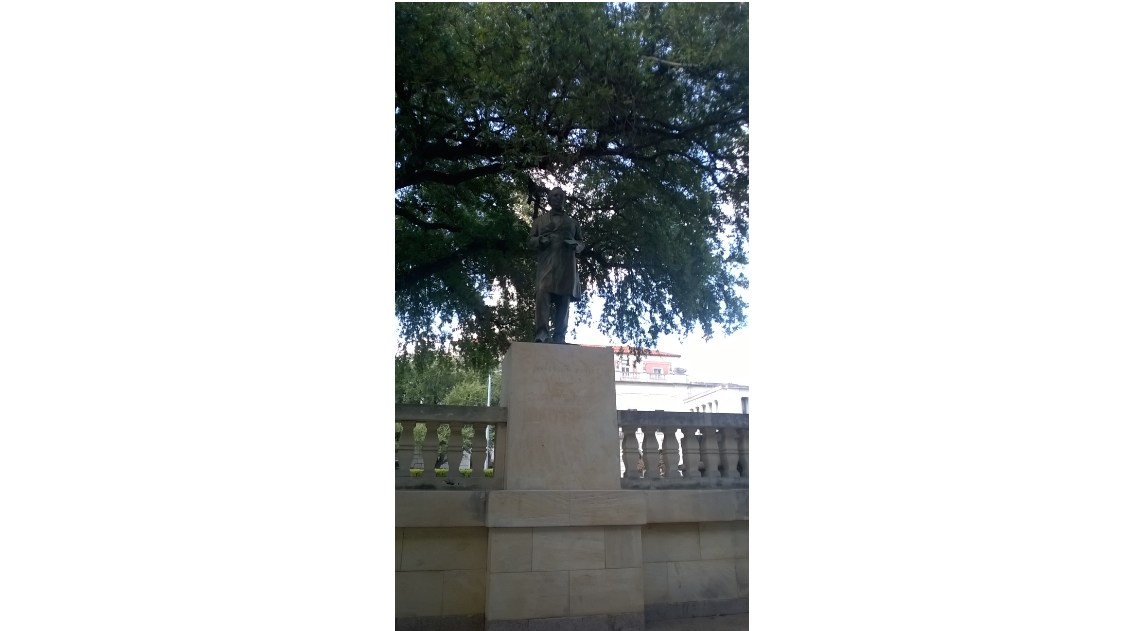The clusters research impact is focused around 5 areas:
Research environment
A creative and outward-looking research environment lies at the core of our impact strategy. The Space and Temporalities cluster collaborates with other research clusters, groups and University-wide networks to enhance impact and research progression. By bringing together researchers from across the arts, humanities and social sciences, we not only foster interdisciplinary exchange but also share skills and experiences around delivering meaningful impact within and beyond academia.
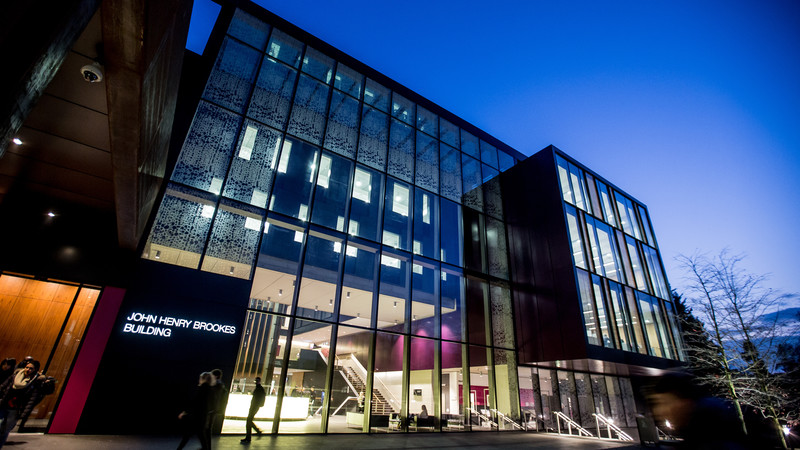
Collaborative working
Space and Temporalities is grounded upon an ethos of collaborative working. The cluster gives a strong emphasis to developing partnerships with various organisations and stakeholders. Many of our members have active projects which connect with partners both in the UK and globally. This includes past and present collaborations with, for example, the International Labour Organisation, the Andrew W. Mellon Foundation, the Law Society Family Law Committee and Dublin City Council.
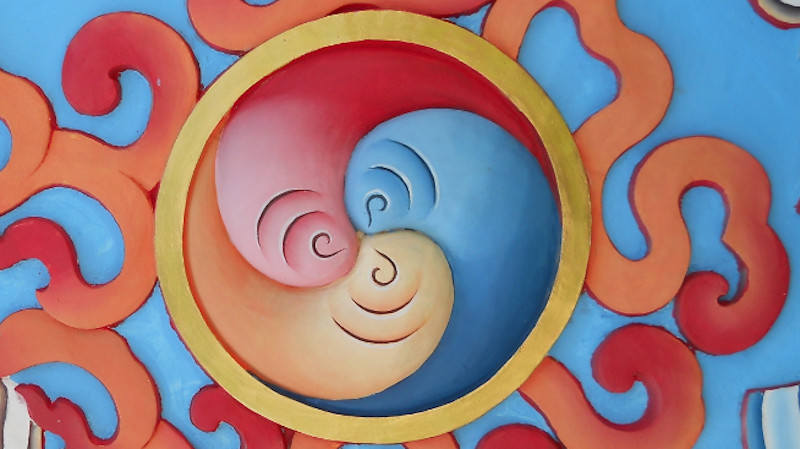
Policy and agenda setting
Much of the work undertaken by the cluster connects with policy-making and agenda setting stakeholders including national governments, international institutions, NGOs, activist movements, trade unions and civil society organisations. Whilst aspects of the impact initiated by cluster members inflects directly on policy making processes through briefing documents and recommendations, we also recognise that policy is forged within a broader social and political context and thus emphasise the value of influencing public agendas and discourses as a means to open up space for progressive policy debates.
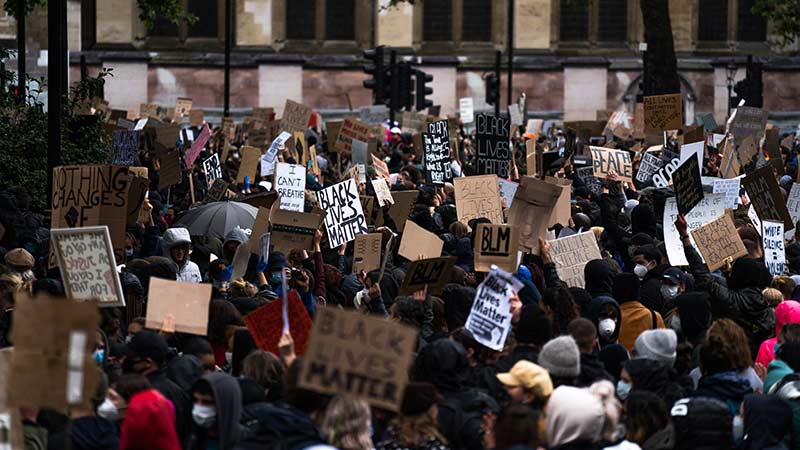
Public engagement
We are highly active in terms of public outreach and engagement. Forthcoming activities include workshops for secondary school pupils as part of the University's Think Human Festival and a series of seminars for invited speakers from organisations including trade unions, NGOs and charities. We also work closely with the Widening Participation (WP) activities of various schools and subjects from across the University and seek to promote the value of the arts, humanities and social sciences to a broader public.
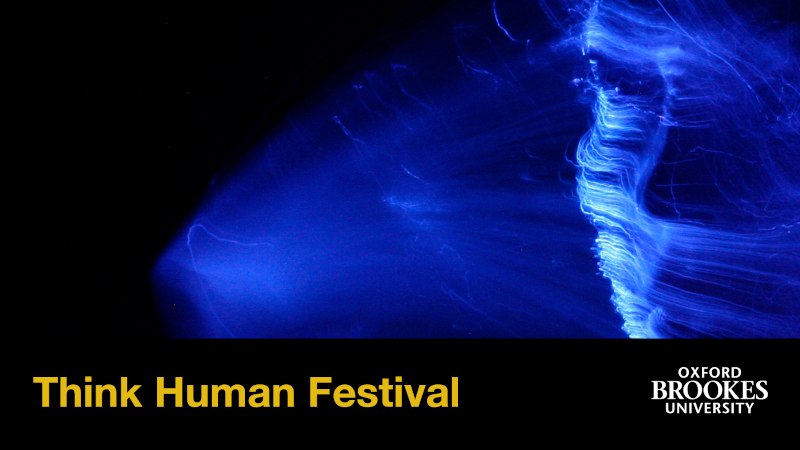
Teaching and pedagogy
The collaborative and interdisciplinary focus of the cluster feeds directly into enhancing research led teaching through knowledge exchange. Members have also been actively involved in impacting teaching practice in HE and beyond through the production of pedogeological research outputs and collaborations with organisations such as The Higher Education Academy.
